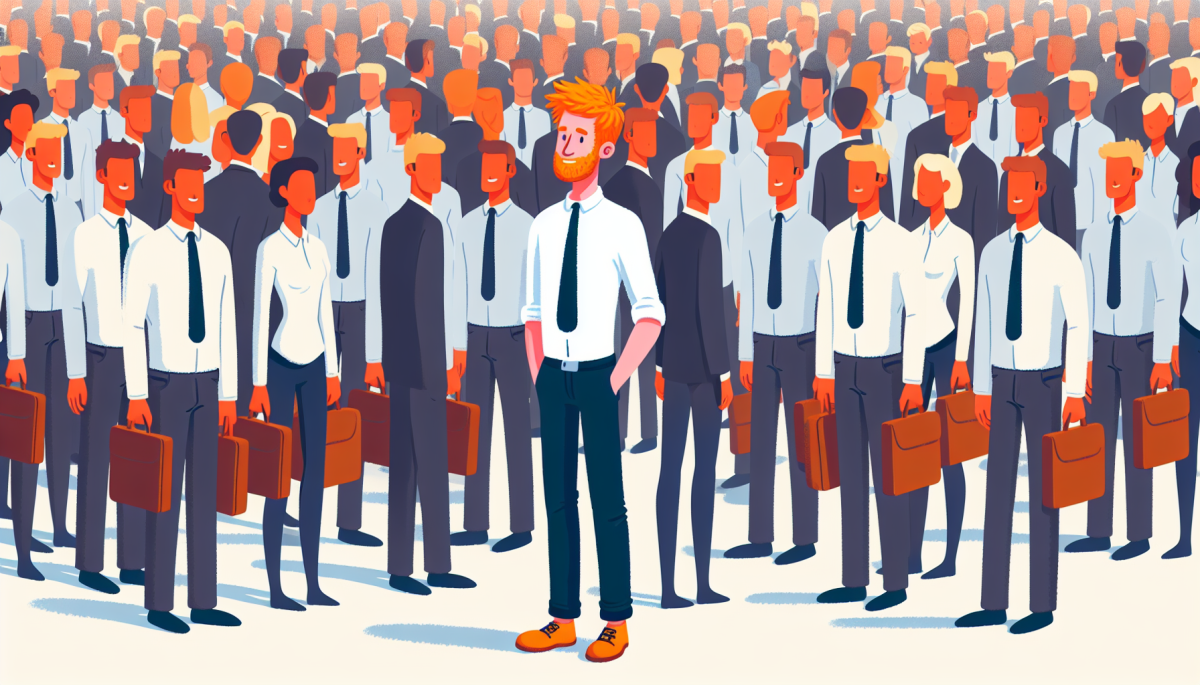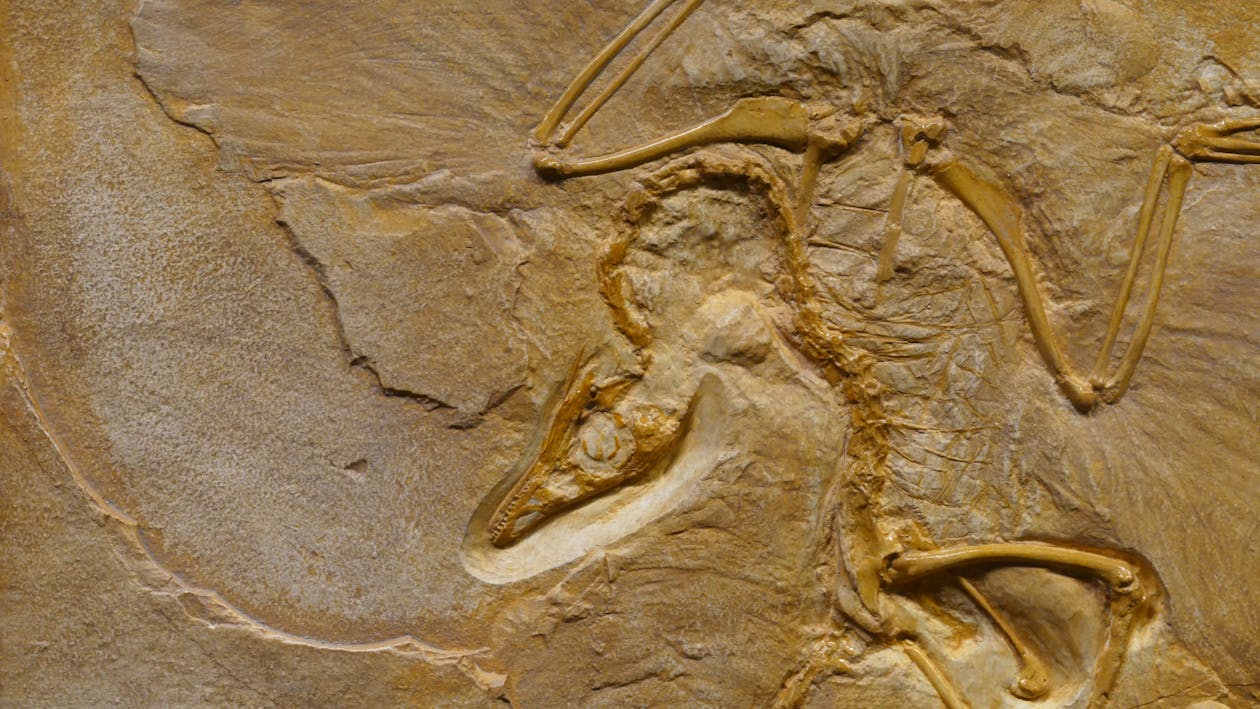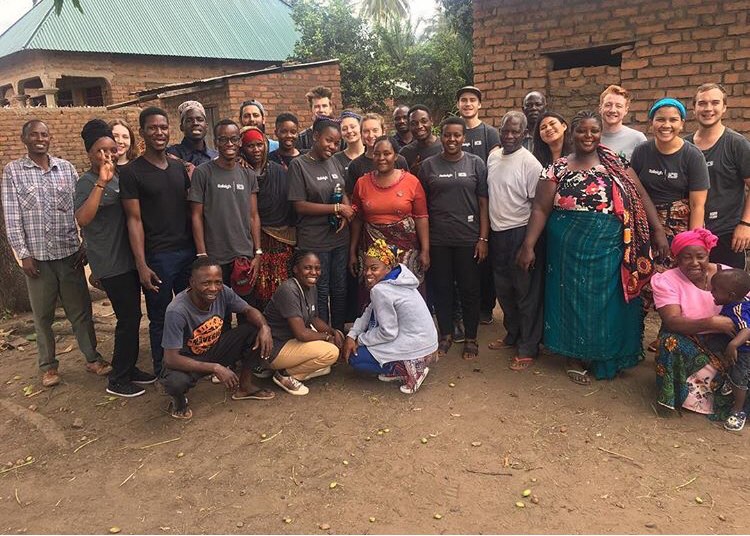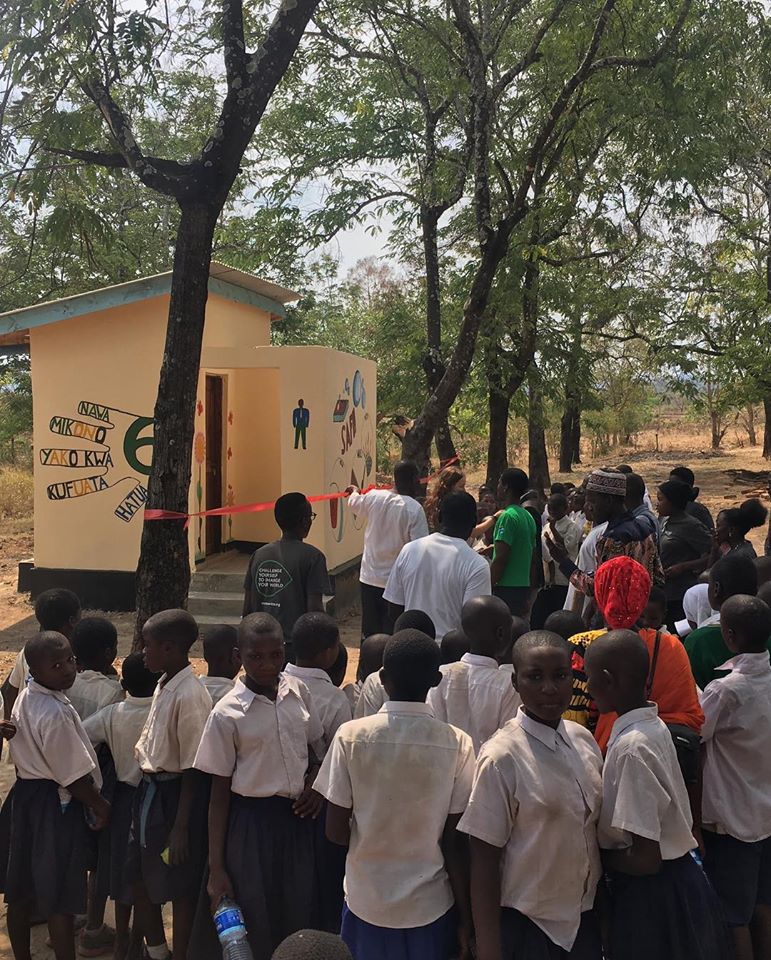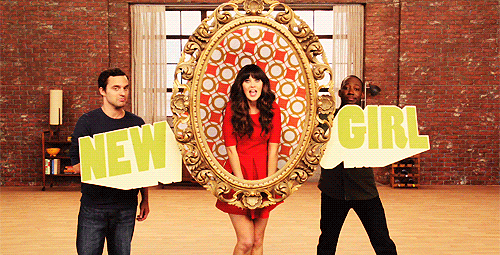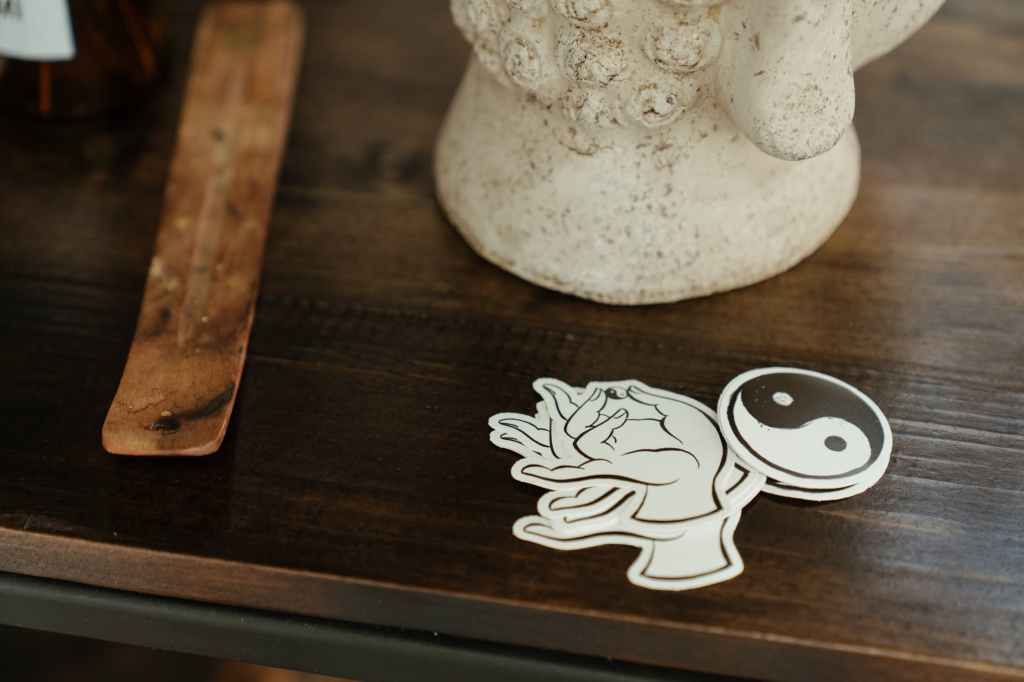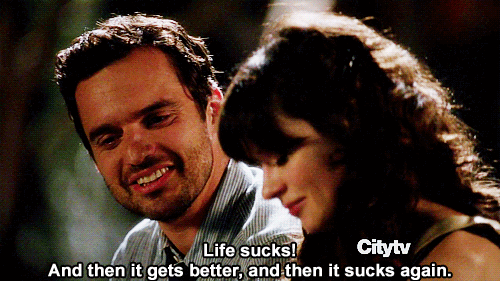I’ve always been a contrarian – when I was younger, I was guilty of turning my nose up at things that were popular, purely because they were popular. I always wanted to be the person who did something first, such as catching onto a great band before they hit it big, or travelling to a country before it got flooded by the dreaded ‘tourists’ – even though I was one myself.
Trying to retrace the roots of why I’m the way I am is a difficult one, mainly because I can’t recall whether it was out of choice or necessity. On one hand, my Dad raised me with his taste in music: The Stone Roses, The Smiths, and other bands of that ilk. That transformed into jumping across my living room couches watching Kerrang – Green Day, Blink-182, The Offspring, Feeder, blaring from the ajar windows into the street. It’s all music with an emphasis on individuality, being yourself and embracing who you are – even if nobody else gets it.
However, being born with vibrant orange locks, it was always difficult to blend into the crowd. Even when I desperately wanted to blend into the walls behind me, trying my hardest to chameleon. I could try and wear what everybody else did, act like them, like the same things as them but at the end of the day I still had an orange launched at my face during my first week of high school for being a ‘Ginger C*nt’, which led to a shiner which looked like it told a much more interesting story than it actually did. At the end of the day, I realised I’d be treated differently no matter how I tried – so I decided to just be myself instead.
This led to a rather uncompromising view on conformity, which is ironically all the rage nowadays, whether it was from my interests, music tastes, people I liked or clothes I wore. One thing I’ll always be proud of is that I stuck it out with my hair colour at school, I never dyed it (barring one horrific evening during COVID isolation years later, where I wanted to try being blonde and looked like a knock off Slim Shady impersonator) – and just decided to embrace being different. Despite the urges to dye it black or brown – I knew deep down it would just parade my insecurity about it even more.
Looking back, I see all of that as making me the person I am today. It’s easy to look back with disdain and distaste at those who made my school life awful – but they were kids, doing what kids do best and trying their best to keep the microscope from falling on themselves – by pointing it at somebody else first.
In the end, it just allowed me to embrace being different – which I’m very thankful for. A lot of people go the other way, or struggle so much to the point of doing things they shouldn’t. I’ve had a tough time with my self-image, and my self-confidence thanks to the scars those years left on me – but it’s nothing that can’t be moved past with a bit of life experience and love from the right people.
I took these feelings of individuality and used them to fuel my young adulthood. Post-university, I tried to live life to the fullest, and do things a little differently. I ended up living in 3 countries, as well as volunteering in another 2. I wrote 2 books, started getting the tattoos I always wanted, went homeless for 3 months and threw myself into a relationship with my best friend (we moved in together after less than 6 months). It was a wild ride, with the ups and downs you’d expect from a journey like that.
Weirdly enough though, a lot of the difficulty now is coming with the fact that I seem to be settling into an average, normal life. We got engaged and moved back to England, where we’ve managed to buy a house, which we’re slowly making our own – I’m so glad to see the back of magnolia walls and shitty landlords. We’re getting ready for the next part, and I can’t wait for all of it – but I can’t help but think I’ve fallen into that old trap of conformity that I tried my absolute hardest to avoid when I was younger.
Although, I don’t think the younger version of myself would be disappointed. All of the years of awkward youth, and those formative early-twenties, are just pushing the boundaries of who we are and what we want to do in an attempt to find people similar enough to you to bond with. I also think there is only so long you can constantly shake things up without tiring yourself out. I used to spend all of my money on travelling, most weekends, seeing as much as I could in my short time on Earth. But I had a moment in Granada, when I was looking upon the beautiful architecture of the Alhambra, when I just sort of felt done with that way of life.
Not that it wasn’t stunning, it was – and not that I didn’t appreciate being privileged enough to travel and see things other people can only dream of, I’ve appreciated all of it. I just had the moment where I wanted to settle down, and rethink what my priorities were for a while. I’d describe that moment as when the penny dropped, as since then, travelling fell quite low on my list of things to do. I still get away when I can, but the urgency to do it and see everything seems to have moved aside for more grounded goals – ones like building a home, marriage, and eventually children. Funnily enough, throughout it all, my feelings on career have never changed – just pay me to do what I’m good at and I’ll do it. Work to live, don’t live to work and all that jazz. I couldn’t care less.
For years I could never decide what I wanted, the life of adventure, or the one of constructed comfort – so I decided to live in the dissonance between both. There are still days where I wish I had the same freedom, but in the same breath there were times where I was living away and would have done anything to lie on a comfy couch with a film on. As humans, we’re annoying, awkward and always want what we don’t have at the time. When I get weak and look elsewhere with envy at other people’s skills, abilities, or lives – it’s important to remember there are probably people who look at you in the same way, and we need to remind ourselves to be content with the lives we’ve got – and if you’re not content, then change things to make it better. Contentedness is subjective, as much as everything else.
As I move into this new chapter, there’s a few things I’m tempted to leave behind, at least for now. I’m not sure when I’ll be able to write another book, honestly. Life just seems to get busier and busier, and when I have time for myself, the last thing I want to do is sit behind a computer and write – when that’s exactly what I do for work. Running is something I’m looking into with great intrigue. Alongside watching the journey of ‘Hardest Geezer‘ Russ Cook, my fiancée runs a lot, as do most of the UK population at this moment in time. She seems to enjoy entering races and building up her medal collection. It won’t come easily to me with the ACL reconstruction I had a few years ago, but the fact it’s more difficult makes me want to do it more – to become the master of my own body again after years of struggling with my knees makes the goal of running a marathon someday all the more alluring.
I guess this is a long winded way of saying, it’s okay to do things that are popular. It doesn’t make you any less of an individual. From one former contrarian who’s about to jump on the hypothetical bandwagon, don’t worry about falling in line and doing as the Romans do. People will come and go from hobbies, careers and sports with the times, if you like it and stick to it, you might see it go full circle to being unpopular again and then you can claim you were there first. The hipster circle of life begins anew.
